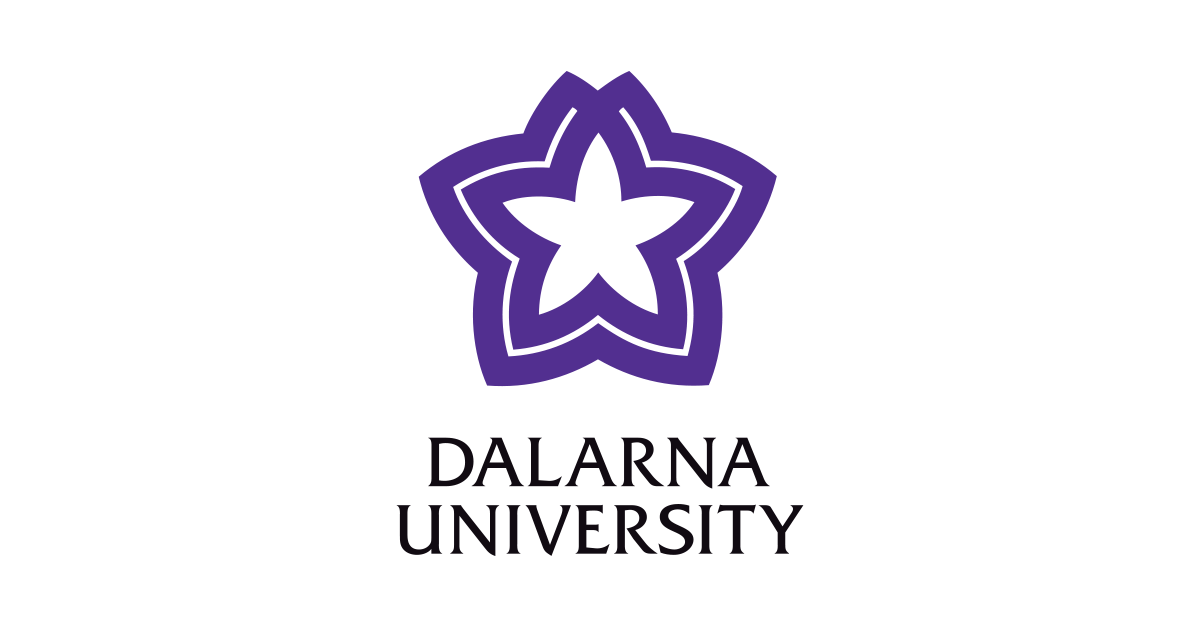About The Event
The main objective of this annual International Tourism Students Conference (in short ITSC) is to encourage intercultural exchange between students from different countries specializing in tourism, hospitality, and leisure management studies. This will be done through research projects, sharing results and discussions
Where
BUas Campus, Breda
The Netherlands
When
Wednesday 10th of May
Event Venue
Event venue location info
Breda University of Applied Science Campus
The BUas campus is located just outside the city centre of Breda. With its many trees, broad walkways, sports fields, historical convent building and several stylishly renovated structures, the campus is a charming and inviting place. The campus is an inspiring meeting place for students, staff and industry.
Member Institutions





Contact Us
Get in touch with us if you have any questions about the ITSC program